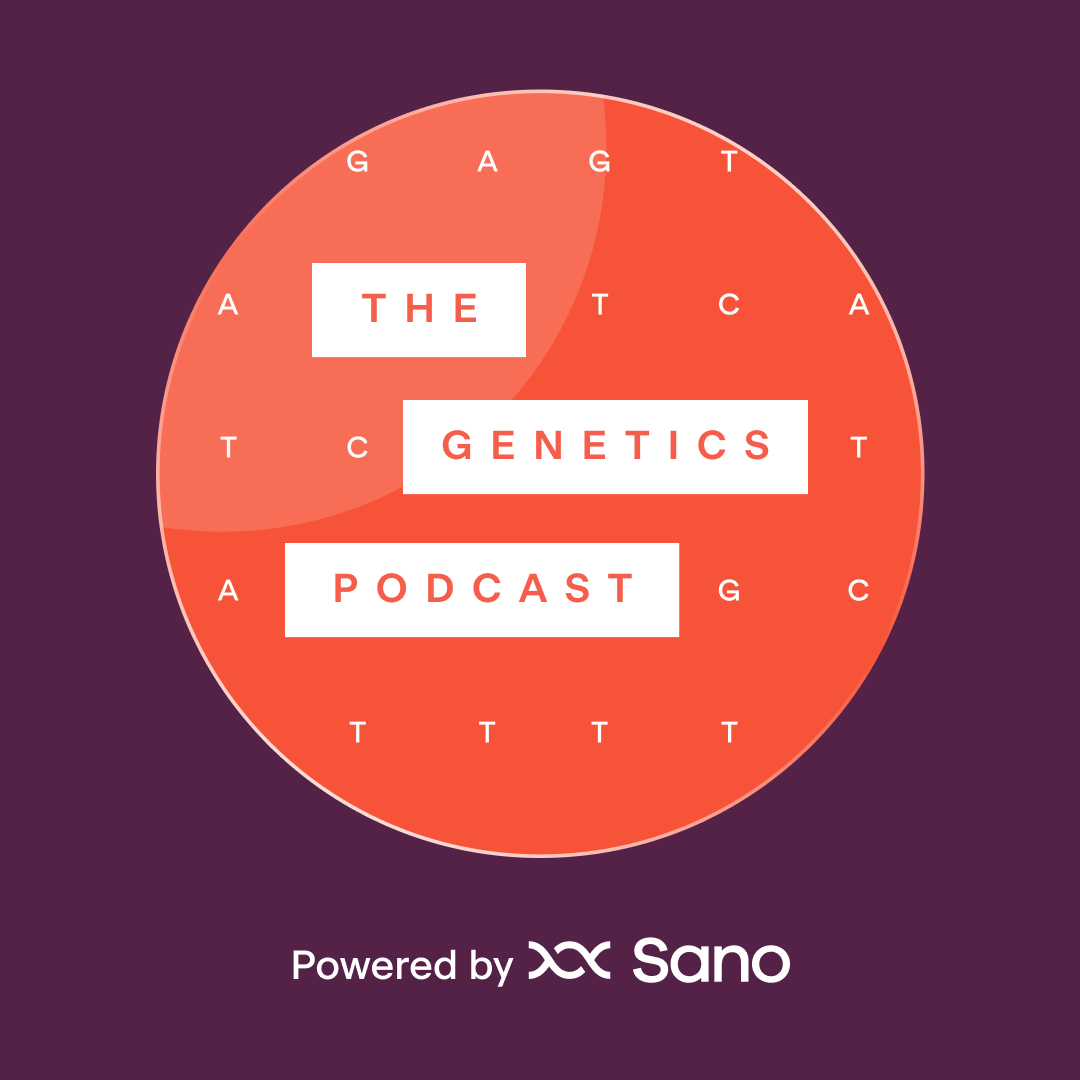EP 123: The ethics of newborn genome screening: Actionable insights and beyond with Holly Peay, Senior Research Scientist at the Research Triangle Institute
February 22, 2024

This week we’re joined by Holly Peay, Senior Research Scientist in Bioethics and Genetic Counseling at the Research Triangle Institute (RTI), and Director of the pioneering Early Check Study.
Holly and Patrick discuss the Early Check programme, which is offering whole genome screening to newborns and has successfully screened 1,100 babies to date. They talk about the ethical challenges raised by comprehensive newborn screening, the intersection of bioethics, genetics, and genomics, and how to approach healthcare decisions against a backdrop of complex phenotypes and multiple risk factors.
0:00 Introduction
0:50 Holly’s background and career so far
03:30 Complex decision-making and multiple risk factors: Family history, genetics, phenotypes and beyond
07:05 Changes within the last decade to help people make complex, sometimes subjective, healthcare decisions
09:20 Impact on people: The RTI’s mission and the Early Check Study
13:45 Newborn genomic sequencing and the ability to screen for 1000s of conditions with a single dry blood spot
15:40 The ethical translation of new technologies and their integration into complex decision-making
17:00 How parents decide if genomic testing is right for their child
20:46 The factors that play into parents choosing lighter levels of testing rather than more in-depth options
23:25 Actionable insights: Choosing type-1 diabetes as a single newborn genetic screening panel
25:25 The percentage of families that receive an actionable result from the genomic testing process
28:30 Linking screening programmes with clinical trials: How to approach adding new genes to screening panels as research evolves
30:55 The ethical challenges around providing families with opportunities to support clinical trials
33:32 The types of genes included in Early Check’s different newborn screening panels and how they were categorised
36:18 Addressing incomplete genetic penetrance and the non-binary nature of genetic conditions
39:41 Fragile-X: Pre-mutation information and the ethical importance of second consent
41:28 The limitations of using a single blood spot sample and the potential solutions
44:29 Closing remarks
Please consider rating and reviewing us on your chosen podcast listening platform!